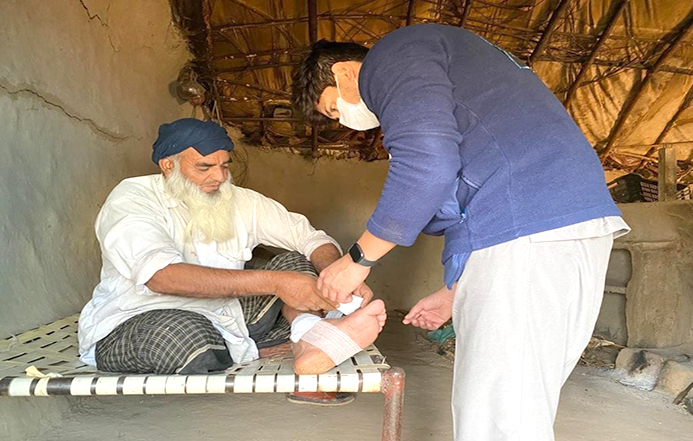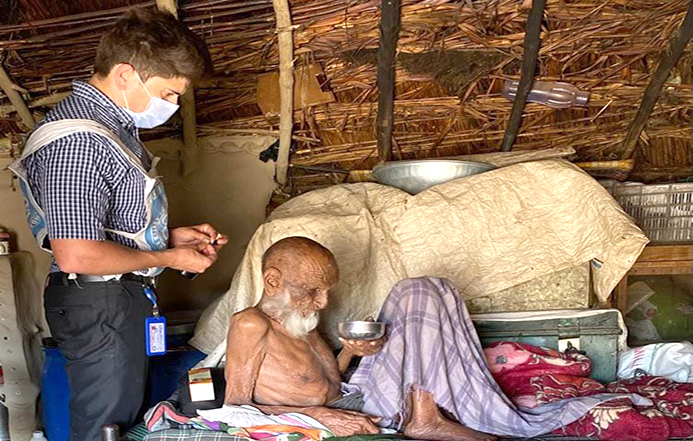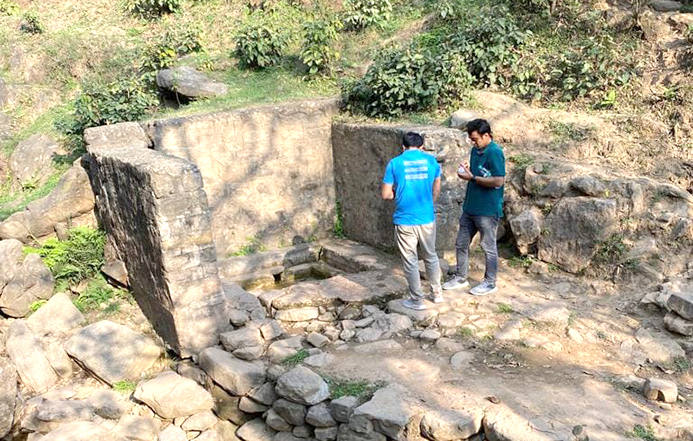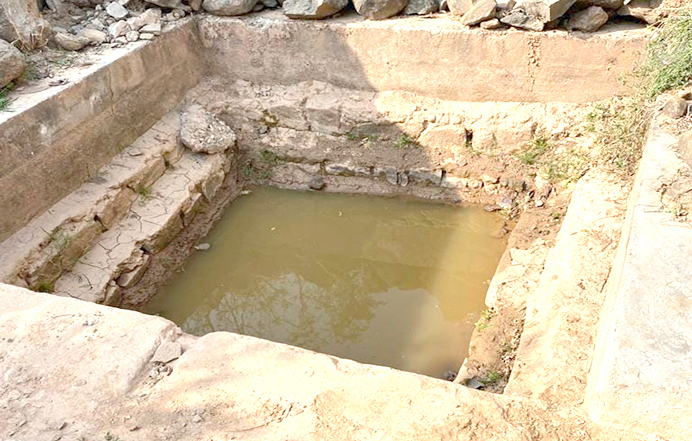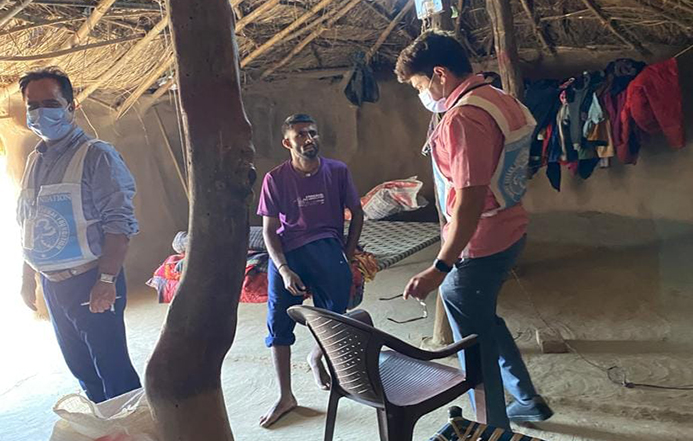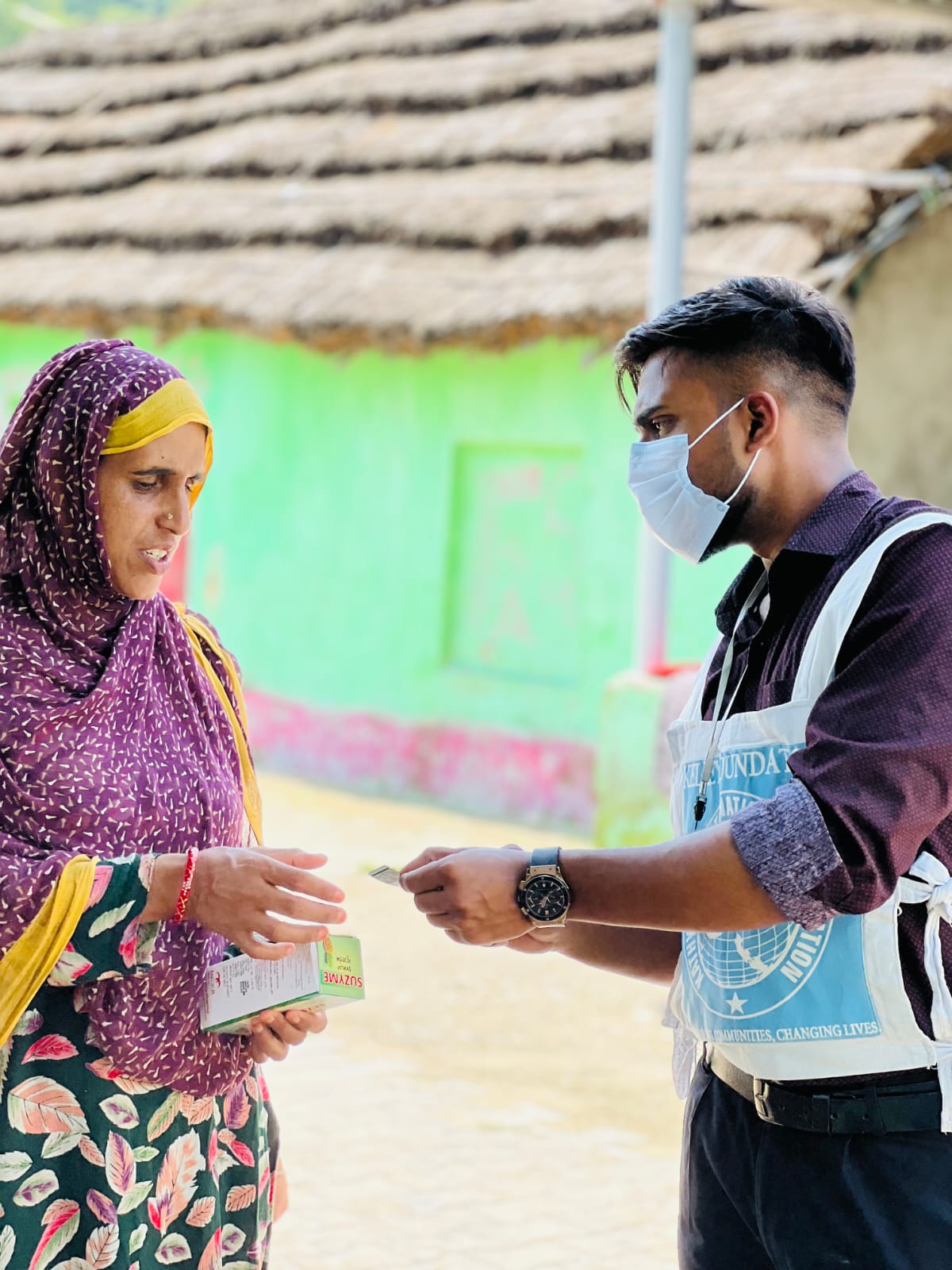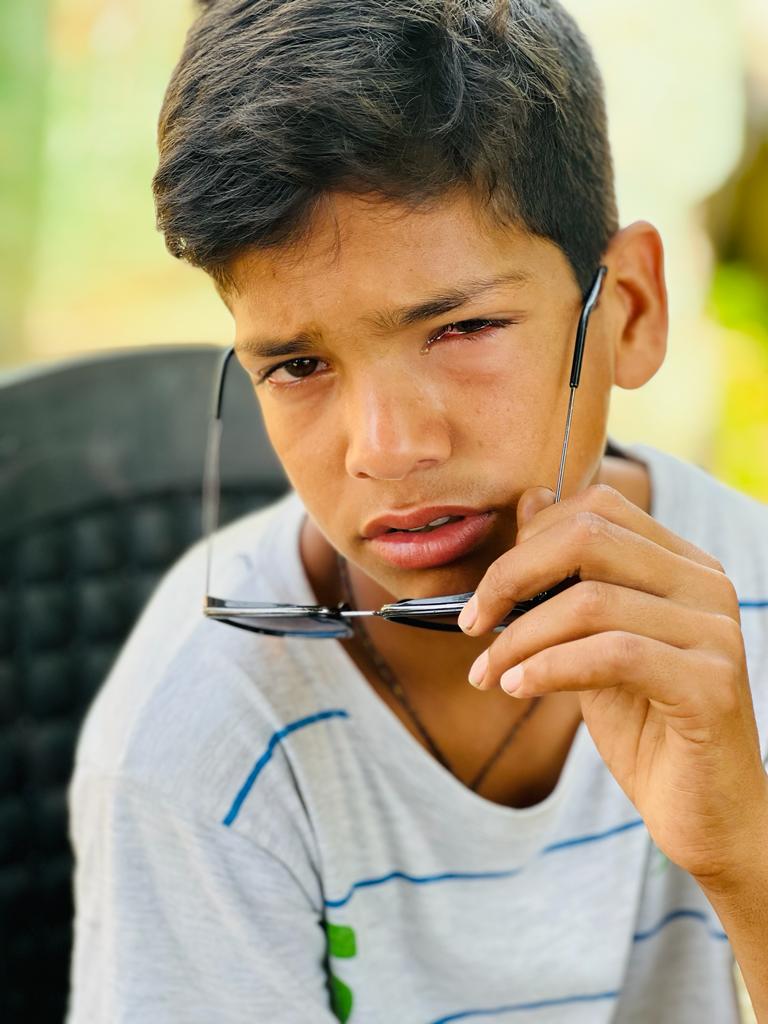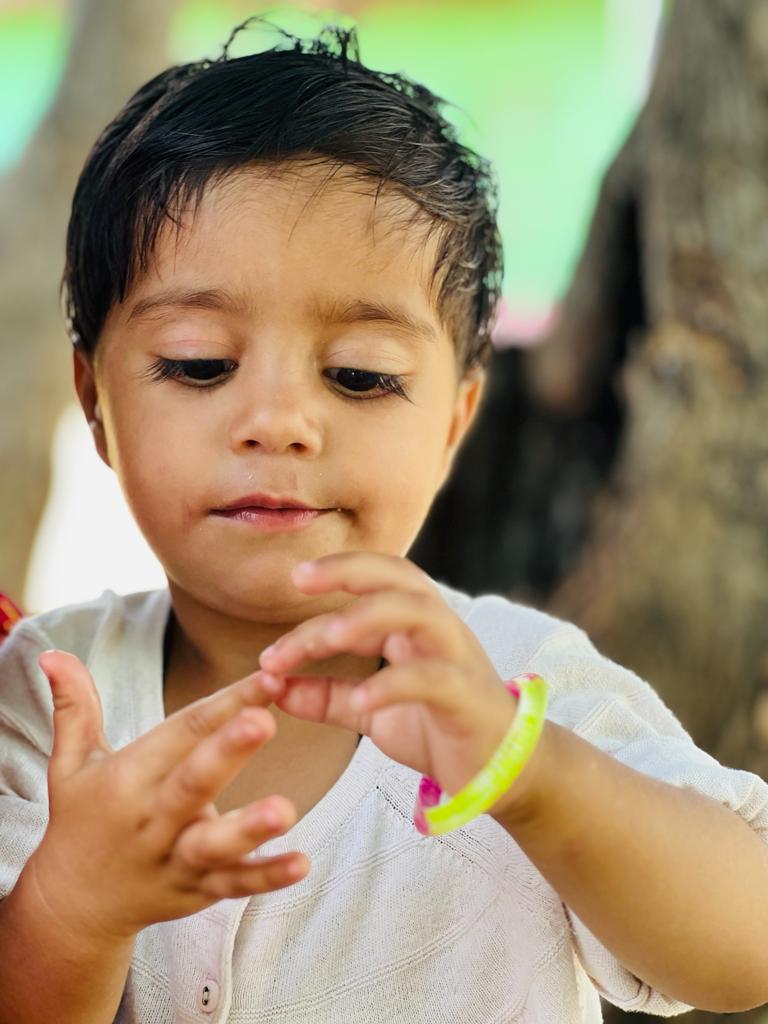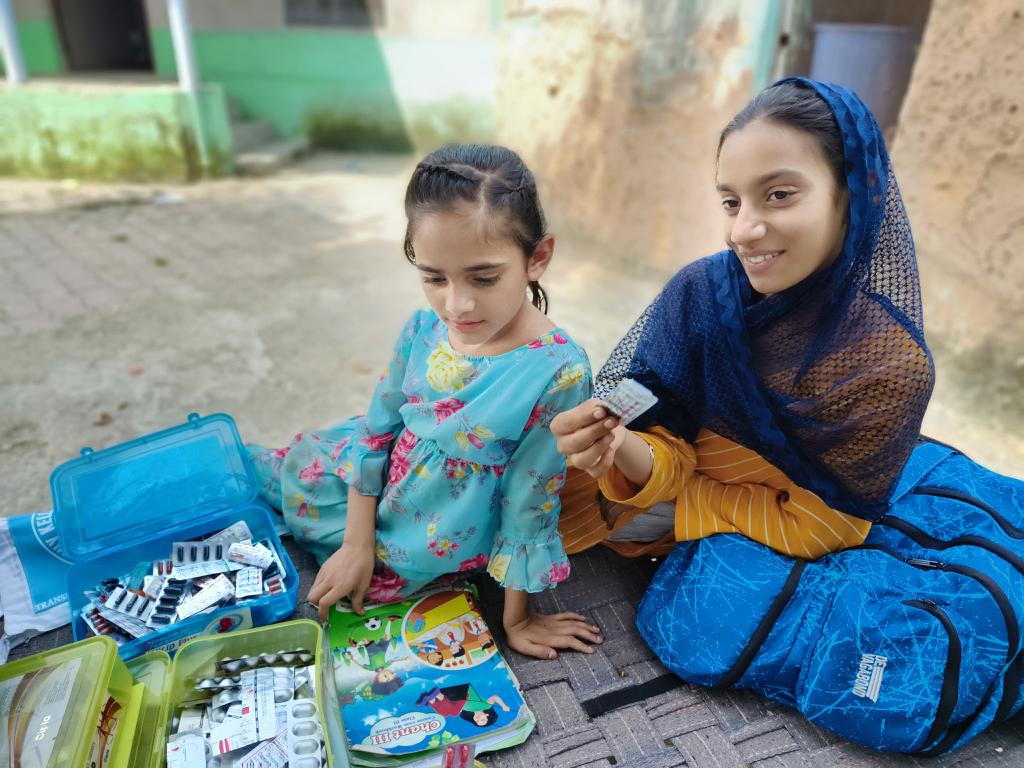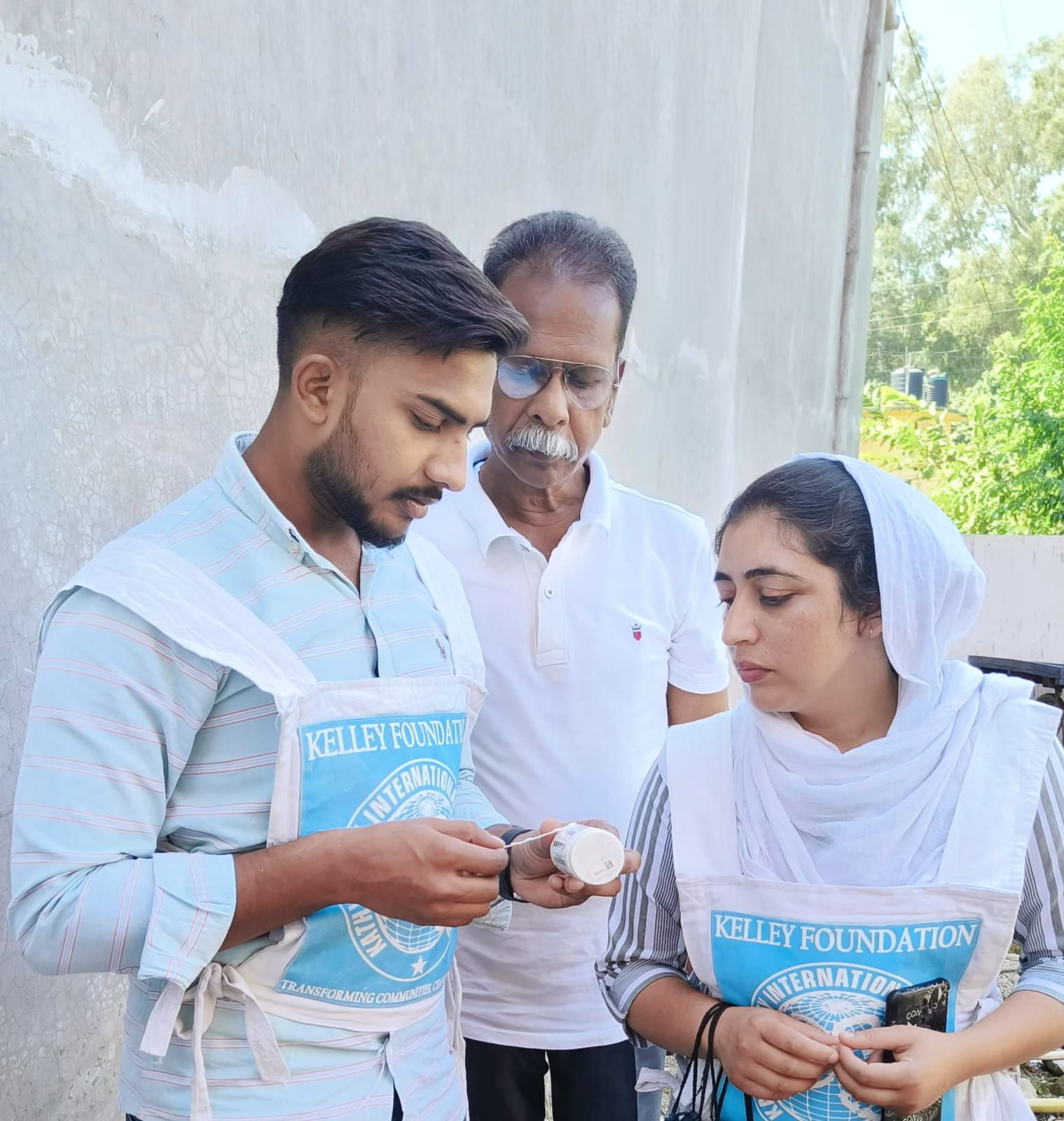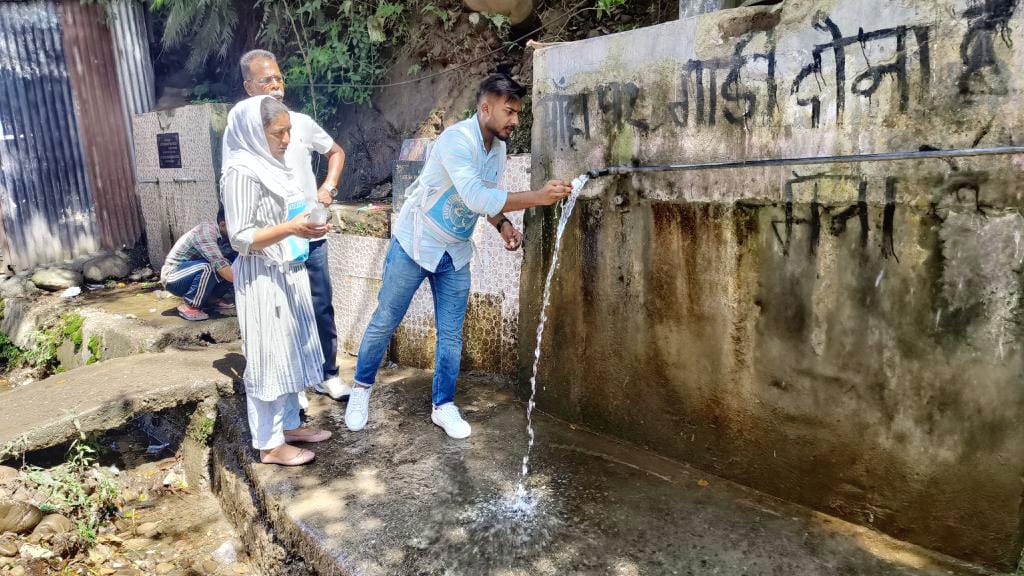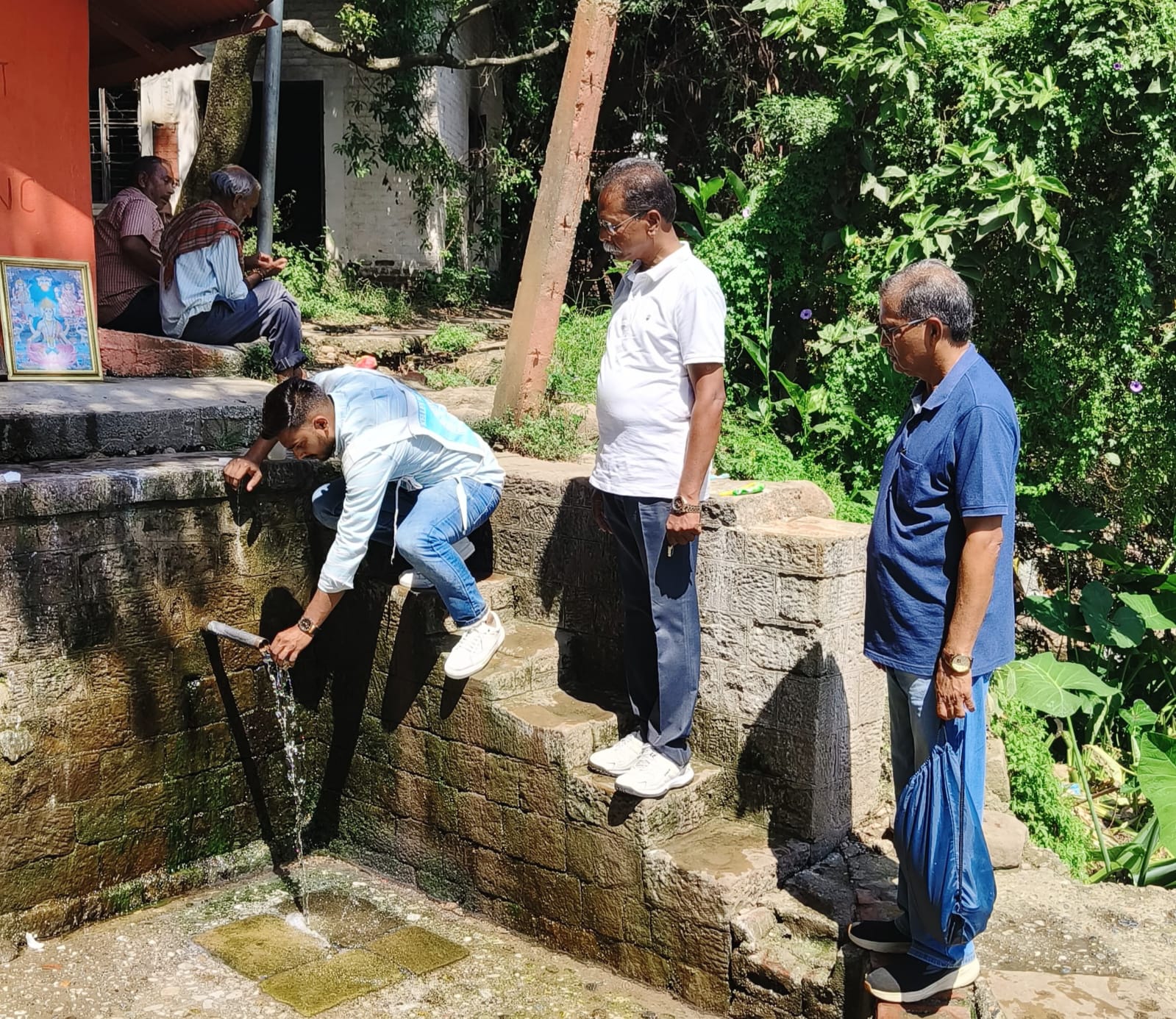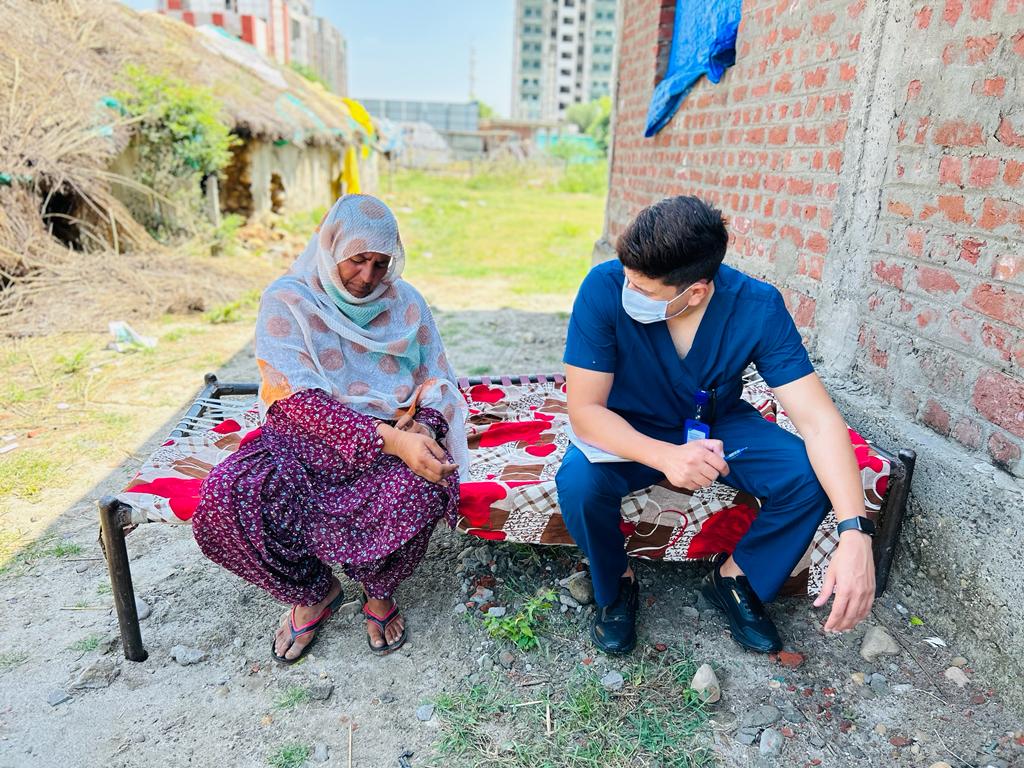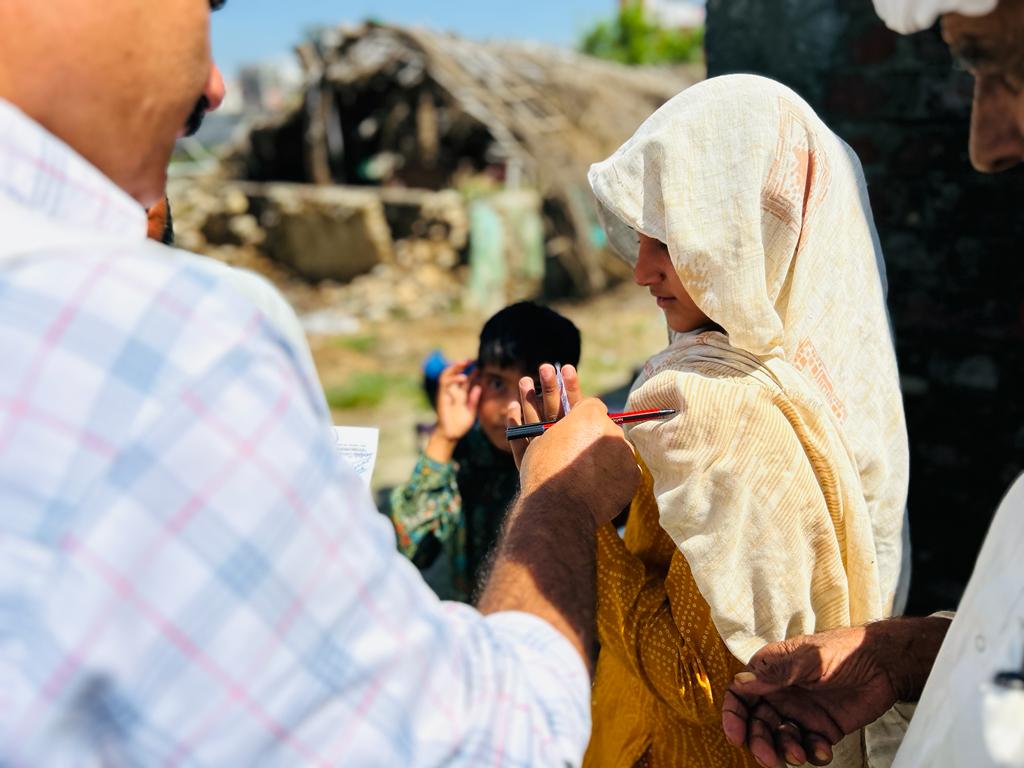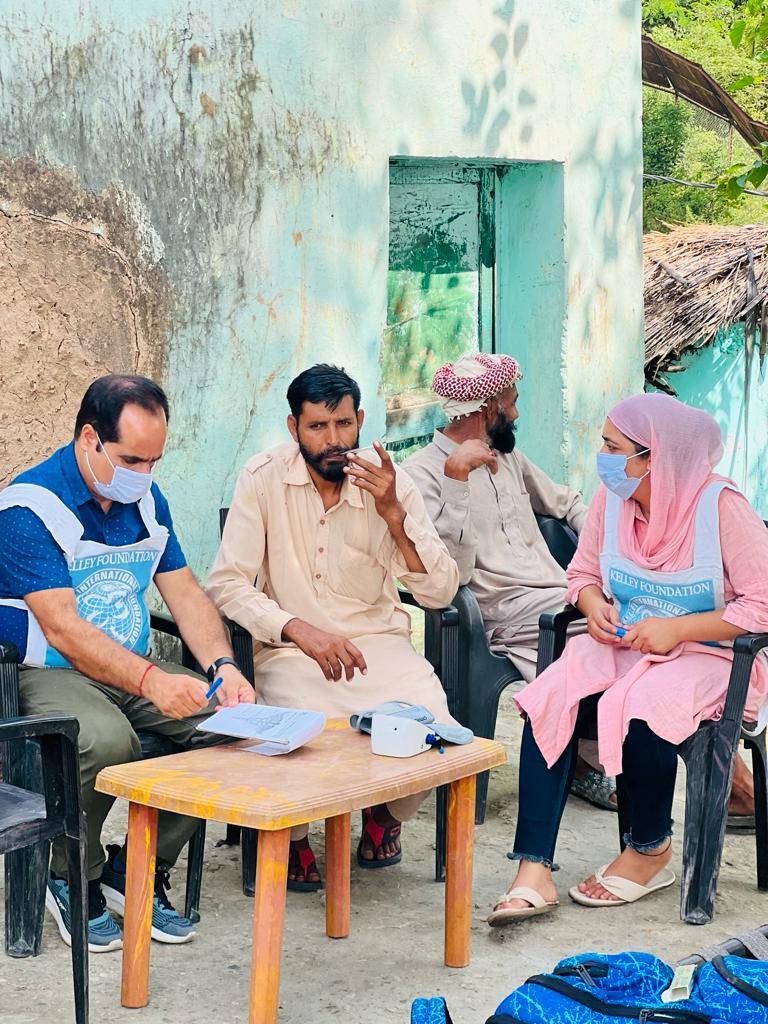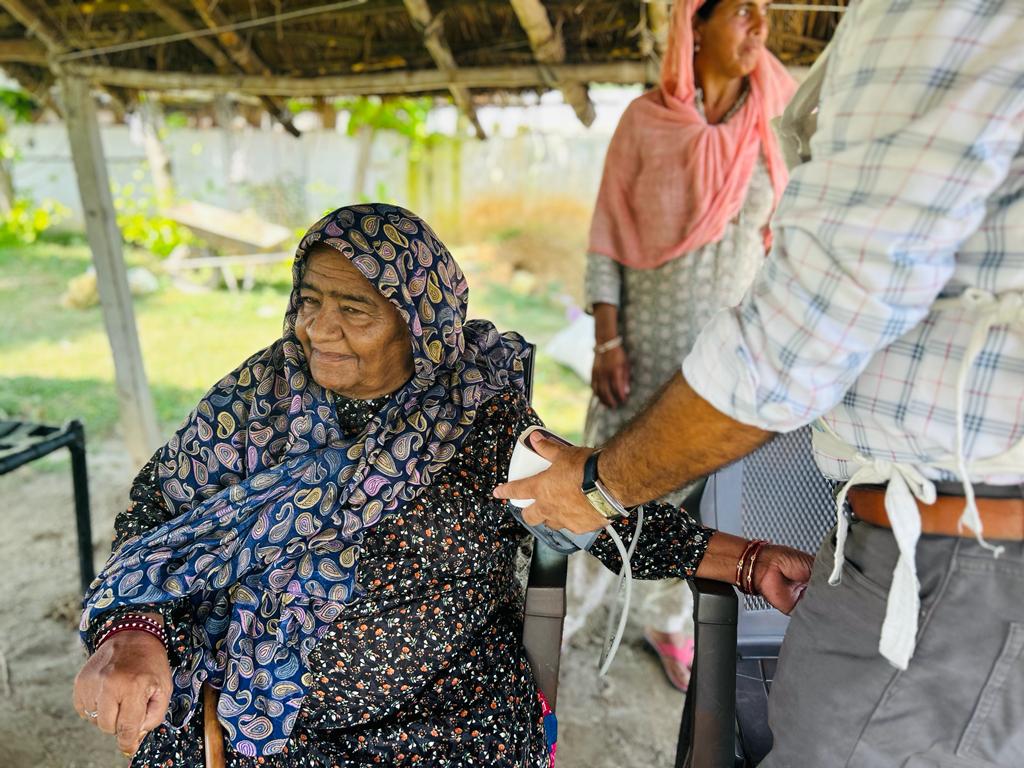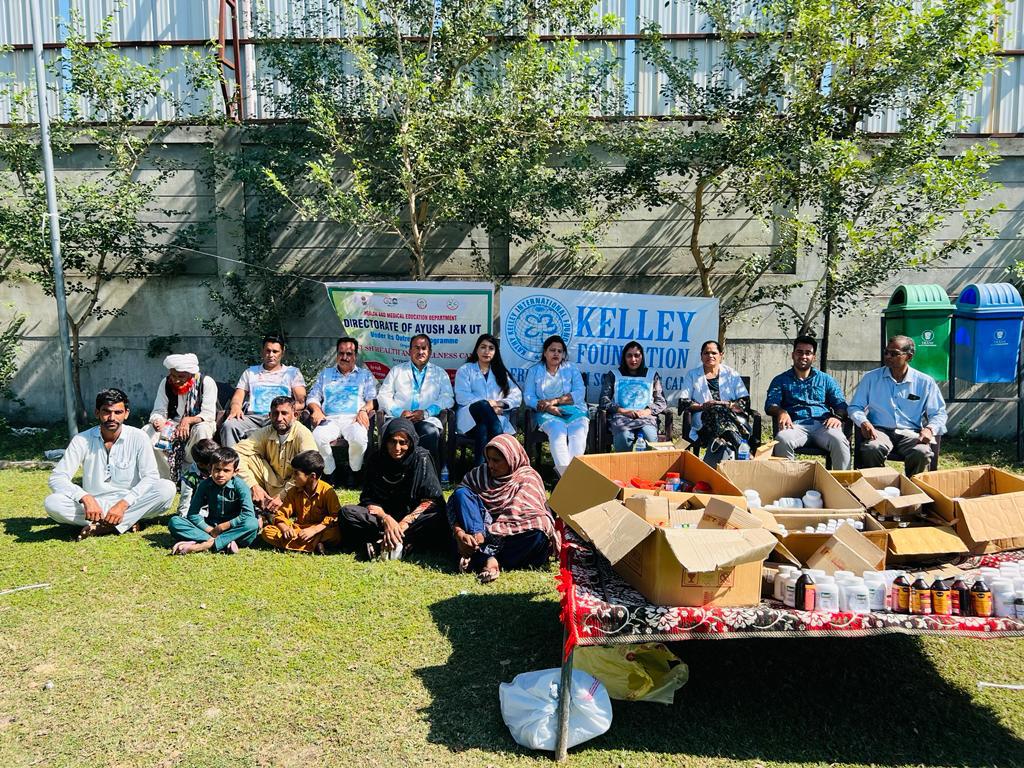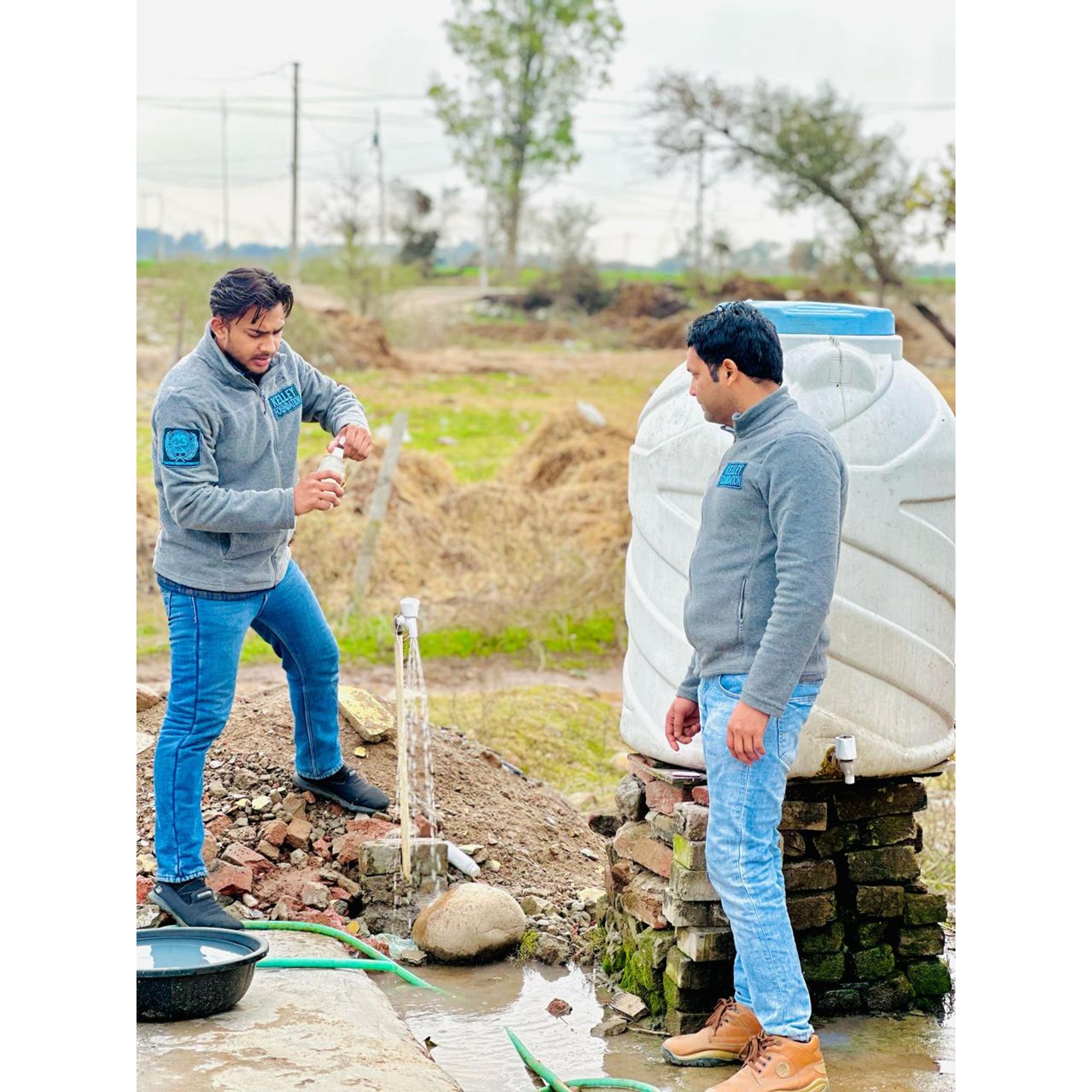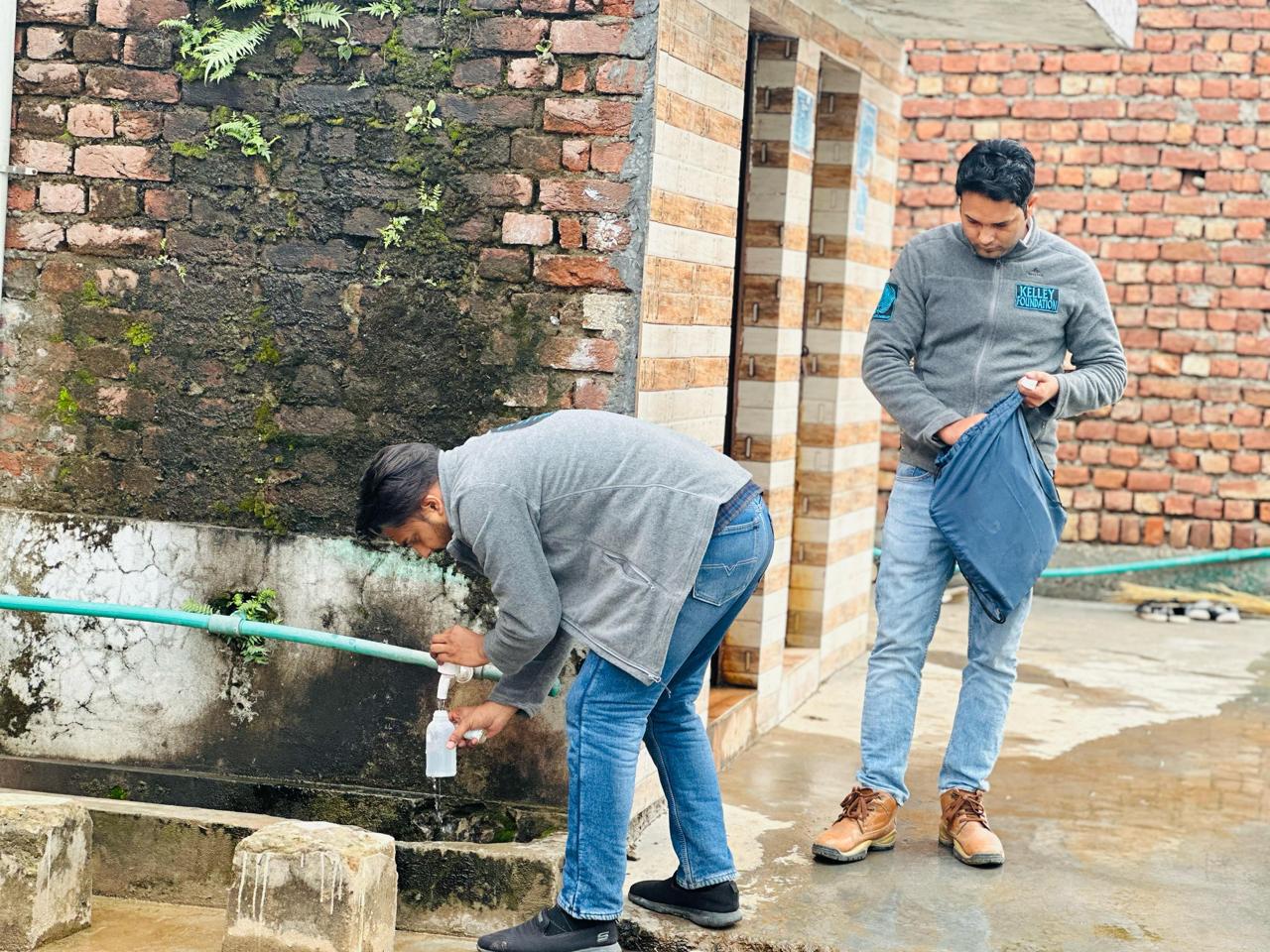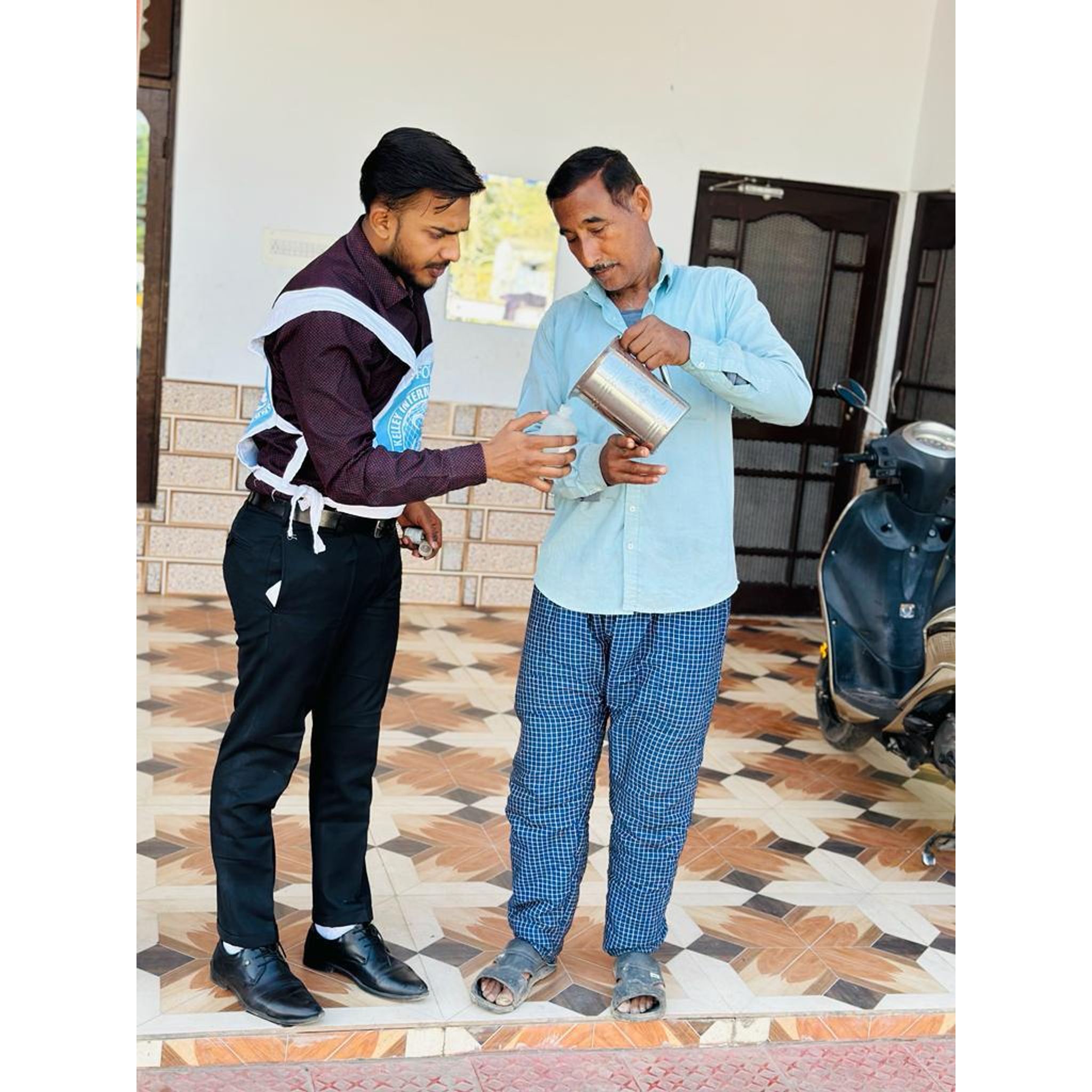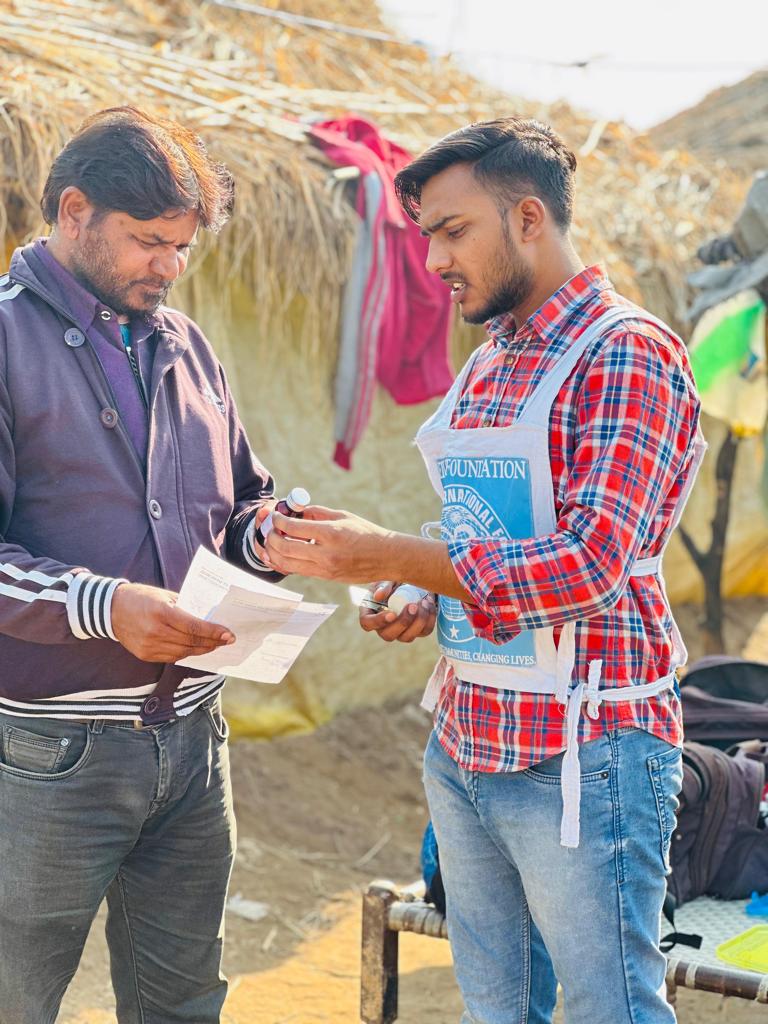Physical - Projects
According to the World Health Organization, India is the second-largest country in the world. With a population growth rate of 1.74%, it accounts for 20% of births worldwide. With rapid growth comes a number of socio-physical problems as the country struggles to keep pace with its burgeoning population.
The numbers are overwhelming. The WHO reports there are over 1.5 million people affected by malaria every year and approximately 1.8 million new cases of tuberculosis are reported annually. Leprosy, HIV/AIDS, and acute diarrheal diseases are just a few of the other communicable diseases affecting a large portion of the Indian population. It is not just communicable diseases that pose a problem to India’s health status, but chronic diseases such as diabetes, stroke, and heart disease account for a large portion of deaths as well. Disease and illness strike hardest at those who are the most vulnerable, especially children. Forty-seven percent of children in India are undernourished and 74% anemic. Widespread malnutrition is believed to be a major factor in 50% of child deaths. These numbers are just part of the reason why Indian children make up 25% of child deaths worldwide.
Health Screening Camps
With such startling statistics in mind, Kathryn Kelley Memorial Society provides medical camps and home health visits in many communities throughout North India serving thousands of men, women, and children. Our work is focused on those with the greatest need, and thus most of our medical camps are held in rural and remote areas where access to adequate health care is limited. Medical camps are an effective part of our strategy by which we serve a large number of people at once. By seeing anywhere from 100 to 600 people on one day we have an immediate impact on the community. Through generous donations and grants, KMS provides free medicines at our medical camps. With a full-time doctor on staff, KMS is able to comprehensively address the physical needs of the people we serve.
Free Medical Camps
In addition to camps, our medical team makes weekly visits in numerous communities, checking on the health status of residents and giving free medical care and education. Health checkups in individual homes are an integral part of what we do and enable us to build relationships with the household over time as we oversee ongoing health issues. On the individual level more effective education takes place as people come to trust and accept us into the community. The longer we work in a community, the more we learn about their needs, social, intellectual, and spiritual as well as physical. A deeper relationship with community members often facilitates a partnership with the community in one of our other areas of community development.
Fight Against Malnutrition
As per studies, one in three of the world’s malnourished children lives in India. In India, each year, an estimated 27 million children are born—nearly 2 million of which do not survive the fifth birthday. A major cause of this is malnourishment. Over 200 million people in India do not have access to good food, and more than 40% of the children who manage to survive beyond the age of five are malnourished. In India, 46% of all children below the age of three are too small for their age, 47% are underweight and at least 16% are wasted. Millions of poor children in India do not receive immunization. 79% of children under age 3 suffer from anemia. More than 50% of children have poor learning capacity because of iodine deficiency. Due to inadequate intake of essential nutrients, malnourished children experience several problems, including delays in development, weight loss and other illnesses. In young children, undernourishment can greatly compromise the immune system, making them highly susceptible to infectious diseases. Besides this, it causes severe growth implications and cognitive implications like memory deficiency, low IQ scores, impaired school performance, and learning disabilities. Underprivileged children are at a higher risk for various short-term and long-term complications as they experience several macronutrient and micronutrient deficiencies from the time of birth. In fact, it is before birth that many children and their mothers face complications, due to undernourishment. Girls are more at risk of undernourishment than boys because of their inferior social status. Every year, thousands of women die due to a negligible intake of essential nutrients during pregnancy. The child and maternal mortality rates in India are among the highest in the world. It is believed that malnutrition alone causes 50% of infant and maternal deaths.
Relief and Rehabilitation
The fact that up to 810 million people are hungry across the world suggests that our food system is failing us. We are trying to improve the food systems through our continuous food drives. Many families are still receiving food and your love has made it happen.
Our mission
Our holistic approach provides relief, development, and education in order to empower marginalized communities to work toward a more sustainable future.
Our vision
By seeking to meet the needs of the whole person, our projects address the four dimensions of social, physical, intellectual, and spiritual.












